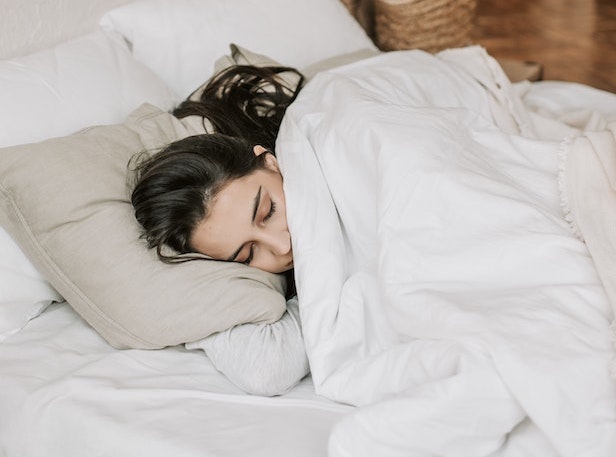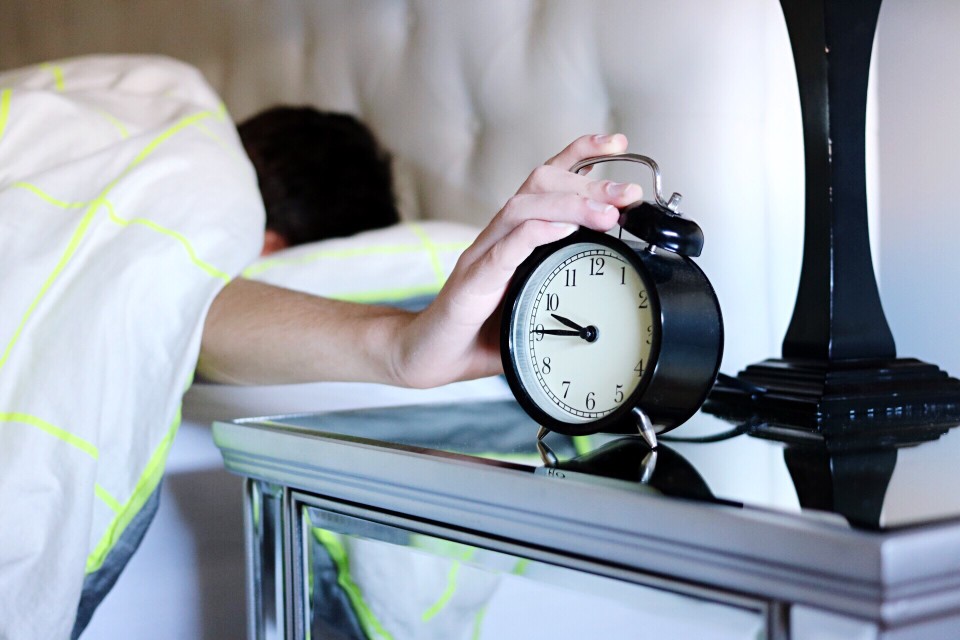 Do you occasionally—or maybe more than occasionally— have trouble falling asleep? Try these sleep tips from the University of Washington Medical Center.
Do you occasionally—or maybe more than occasionally— have trouble falling asleep? Try these sleep tips from the University of Washington Medical Center.
Sleep Tips
Aim for 9.5 hours. Yes, really. Research shows that most teens need more than 9 hours per night. If you are falling short, you might notice it affecting your mood (Cranky? Feeling blah?) your thinking (Losing focus? Trouble with schoolwork?) and maybe your driving (tired teens have more car accidents).
Stick to regular sleep and wake times. Going to bed and waking up at about the same time every day makes your body “prepared” to fall asleep and wake up when you need it to. Yes, this means going to bed and waking up at about the same time on weekends also. If you go to bed late and sleep in hours later on the weekend, your body will NOT be happy with you on Monday morning…
Ditch your devices. Texting, social media and the internet are the enemy of sleep. Not only do activities like texting, gaming and social media keep you alert, if you do fall asleep, getting texts and updates can wake you back up. Research also shows that the light from screens before bed messes with your brain’s ability to sleep. Try to stop using screens well before bedtime and leave devices outside the bedroom so they bcan’t distract you. Some devices like ipads and iphones have settings for “night shift” so the screens give off less blue light in the evening hours, which might help.
Create the right conditions. People sleep better when it is dark, cool, and quiet. If you need them, consider curtains or eye mask to keep it dark, and ear plugs or “white noise” to deal with noises. Get calm by avoiding bright lights or exercise right before bed.
The bedroom is for sleeping. If you can, avoid doing stressful activities in bed or in your bedroom. This keeps the stress of daily activities out of your sleeping space.
No napping. Naps (especially longer ones after 3pm) can throw off your ability to fall asleep at bedtime. Many teens also find that they wake up from naps with less energy and motivation for things they need to do, like homework.
Avoid caffeine, smoking, alcohol and drugs (especially late in the day). Although some people find alcohol makes them drowsy, it actually leads to worse sleep quality and more waking up at night.
Don’t watch the clock. When you are trying to fall asleep, watching the clock and worrying about being awake only make you more anxious and less sleepy. Instead, keep clocks where you can’t see them and don’t stress about being awake. Tell yourself that getting less sleep one night never hurt anyone, and as long as you don’t sleep in or nap tomorrow, you will be plenty tired and sleep much better the next night!
Don’t TRY to sleep. The more you try, the harder it is. Instead, do something calming, like focus on slow breathing, do a meditation or imagine all the details of a calming place or memory—the sights, sounds, smells, touch, tastes). If you’ve been lying awake for more than 20 minutes, try getting up and doing something boring in dim light until you feel sleepy, then return to bed and try again.
Don’t worry about stuff. Easier said than done! But you can keep a pen and paper to write down worries to be addressed in the morning. You can also notice when you are worrying and change your focus to one of the calming and distracting activities above (like a body scan or calming imagery).
Find some rituals. Find a few calming things you can do every night to remind your body it is time for bed. Like some deep breathing, a few stretches, or a sip a glass of warm milk or decaf tea.
Stick to the plan. If you do have a crummy night sleep, stick to your normal routine. Sleeping in, skipping activities, napping—these usually make the problem worse.
Eat healthy and exercise. Eating healthy foods, getting exercise, and getting outdoors during the day can help your body get in a good rhythm. But avoid intense exercise in the late evening, or it could keep you up.
Improve your sleep
If you wanted to improve your sleep, what things would you do differently this week?
What could get in the way of making these changes? How could you handle that?
Use a chart like the one below to monitor your progress toward a better night’s sleep:
![]()
Download a PDF of this tip sheet.
Source: University of Washington Medical Center | Sleep Tips for Teens, https://depts.washington.edu/uwhatc/cbt-notebook | © 2023 Harborview Abuse & Trauma Center
Do you need someone to talk to? To schedule an evaluation or to get advice, call or email a CHC Care Coordinator at 650.688.3625 or careteam@stage.chconline.org CHC teletherapy services are available now.





